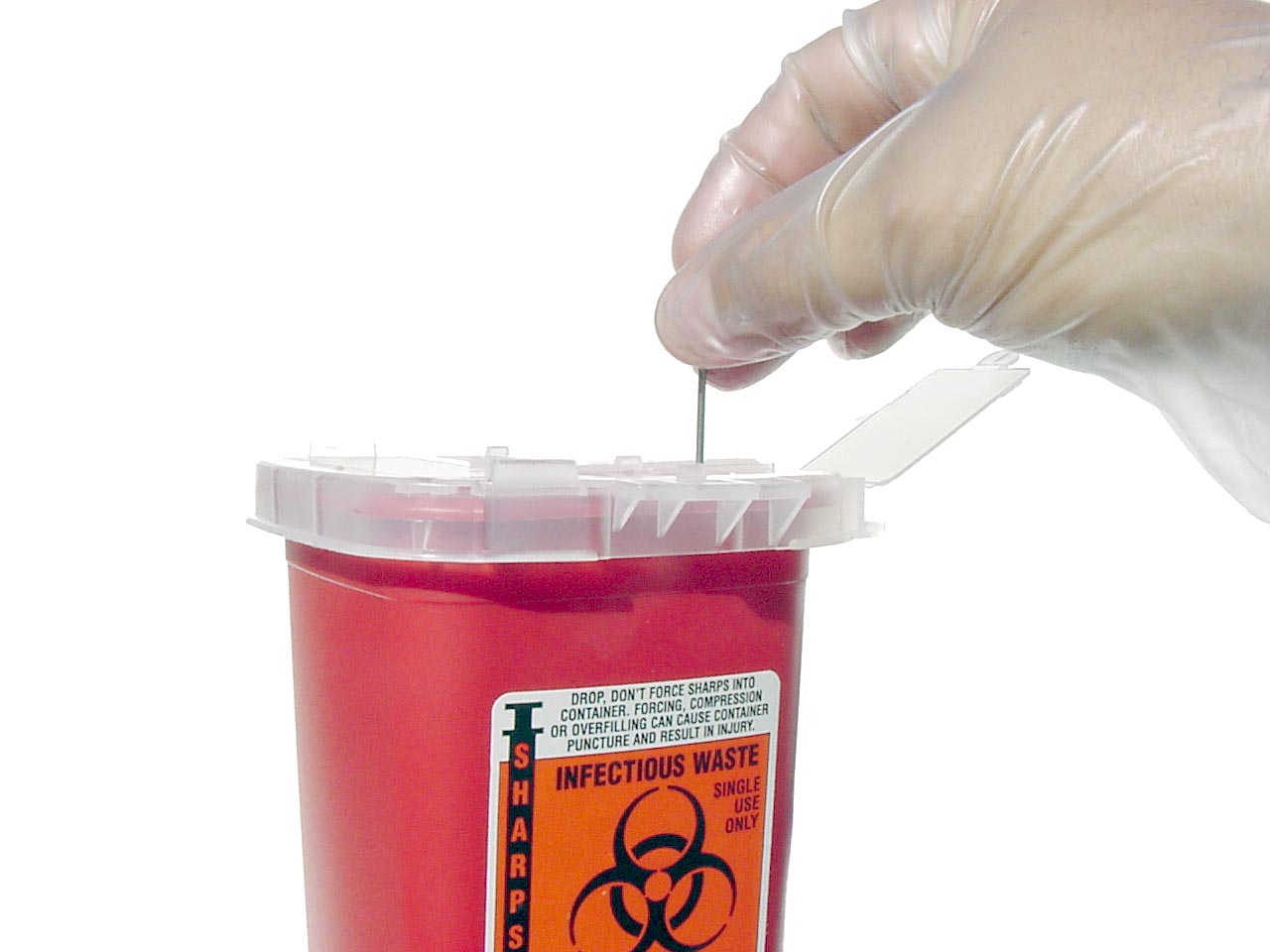Why Healthcare Facilities’ Waste is Growing and how this Impacts our Environment

Clinical waste in Canada is an environmental burden rarely discussed in the media. As if there weren’t enough controversies and upset surrounding hospitals and similar healthcare facilities, environmental consequences of so much waste can be severe.
Healthcare waste is a threat to our living environment as well as our human health. In the United States alone, more than 4 billion pounds of healthcare waste is generated every year. Up to 70 percent of this happens in hospitals. What happens to this healthcare waste after pick-up is, usually, it gets steam treated which helps to decontaminate it. After this is completed, healthcare waste is dumped into landfills. Like other waste products, although healthcare waste can be treated to the point where it’s plainly safe, materials like surgical drapes and polypropylene do not biodegrade. A lot of healthcare waste will take centuries to decompose.
Another possible way to handle healthcare waste is incineration, which is performed in several regions of the world. Although incineration kills a lot of the microorganisms present on these materials and destroys a lot of the waste, the emissions released into the atmosphere include dioxins, furans, and mercy. Complicating matters further, the sheer volume of everything which needs to be discarded is quite sizeable. Consider surgical drapes, medical plastics, cotton, and latex, and contaminants such as human tissue blood, bacteria, viruses, drugs, heavy metals, chemicals, and drugs. There’s also cytotoxic contaminated waste which comes from oncology services.
Needless to say, there’s no easily identifiable way to treat the healthcare waste we have. The immense volume, complex composition, and toxicity of hospital waste should be a serious concern in economies like Canada’s where healthcare requirements continue to rise and rise. Our concerns are primarily how much of this waste ends up in landfills and the problematic chemicals which may or may not find their way into our soil and/or groundwater. Single-use products are common in healthcare. Possible strategies to tackle the healthcare waste problem may be to limit single-use products, to cut down on the number of items used when delivering healthcare, or to change the materials being used to manufacture healthcare items from.
As a waste management company, a huge issue we see is a lack of acknowledgement that healthcare waste is an issue. Hospitals, clinics, dental surgeries, veterinary practices, and other healthcare facilities are creating enormous amounts of waste. During surgical operations in particular, there’s a lot of waste generated with single-use items. Some academic studies have supported the idea that single-use items in use are disproportionate to the need.
The majority of the material in healthcare waste are plastics. Notoriously, plastics are a material which cannot be recycled. Even so, new markets are opening up every year to recycle certain types of plastics. As things continue to change, it’s our hope more opportunity will be given regarding how to recycle healthcare waste. Across Canada, the United States, and abroad, the category of healthcare is a waste problem in need of address in the years to come.
Core Mini Bins continues to offer high quality waste management services, recycling, dumpster rental, junk removal, and more to small businesses and corporations all across Toronto. If you’re in need of eco-friendly waste management services, don’t hesitate to contact a Core Mini Bins representative today for further information.


